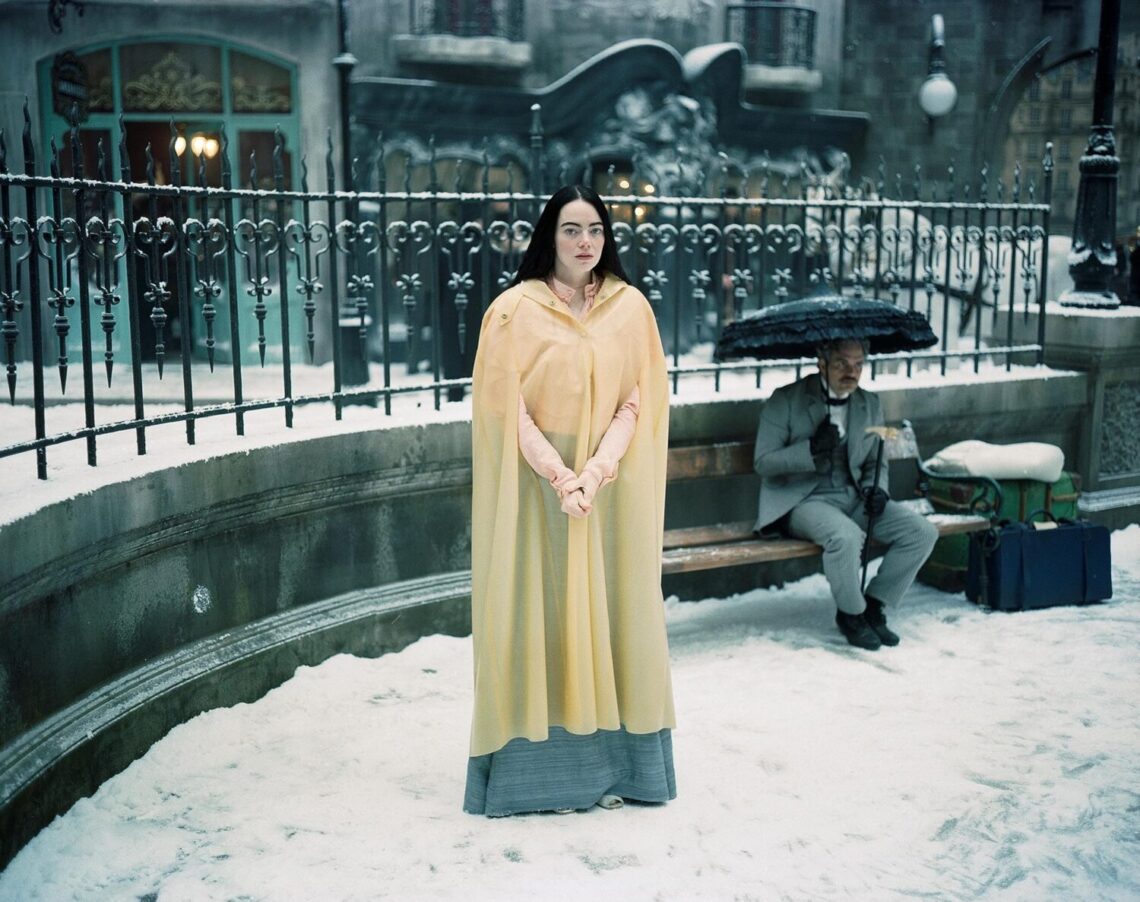It’s difficult not to be grandiose about a filmmaker like Yorgos Lanthimos. His movies aren’t just unsettling and transgressive, they’re operatic, even if they’re not necessarily loud. They hit you in a curious place where queasiness and hilarity co-mingle like two naughty kids on a schoolground. An existentialist at heart, his characters often fall prey to unforeseen forces beyond their control. Whether these forces take the form of vengeful witchcraft (The Killing of a Sacred Deer), an austere aristocracy ruled by an idiot (The Favourite), or cold dystopian society (The Lobster, Dogtooth), his protagonists are simply too powerless to fight back or change their fates; personal autonomy is a joke. Until now.
Poor Things is the Greek director’s most optimistic film to date. A surrealist, steampunk riff on Mary Shelley’s Frankenstein, it’s both a satirical take on gender politics and a traditional coming-of-age tale; well, sort of traditional. In his latest, Lanthimos takes aim at Victorian London, a culture which relies so heavily on social etiquette and overstuffed vernacular you’ll feel like you’re in scholarly prison. It’s a great irony that our guide into this world of social pretension is through the eyes of its most tragic victim, Bella Baxter (Emma Stone).
The prized creation of Dr. Godwin ‘God’ Baxter, a renowned surgeon with cavernous scars on his face, Bella was reanimated after her untimely death. Played with a hilarious rigidity by the always brilliant Willem Dafoe, Dr. Godwin is an odd duck who relapses into disturbing tales about being tortured as a child by his father, usually to the dismay of the listener. Without getting into her backstory and origin, suffice it to say that when we meet Bella she is a grown woman with the brain of an infant. When she’s not speaking in fits and starts, she bumps into walls, smacks people she’s introduced to, and spits out food she finds repulsive. She’s also insatiably curious…
Read the full article here







